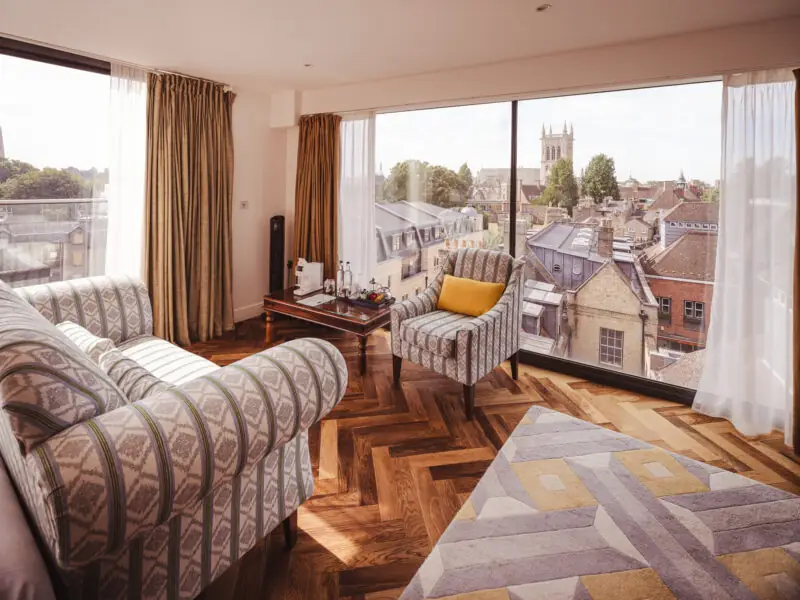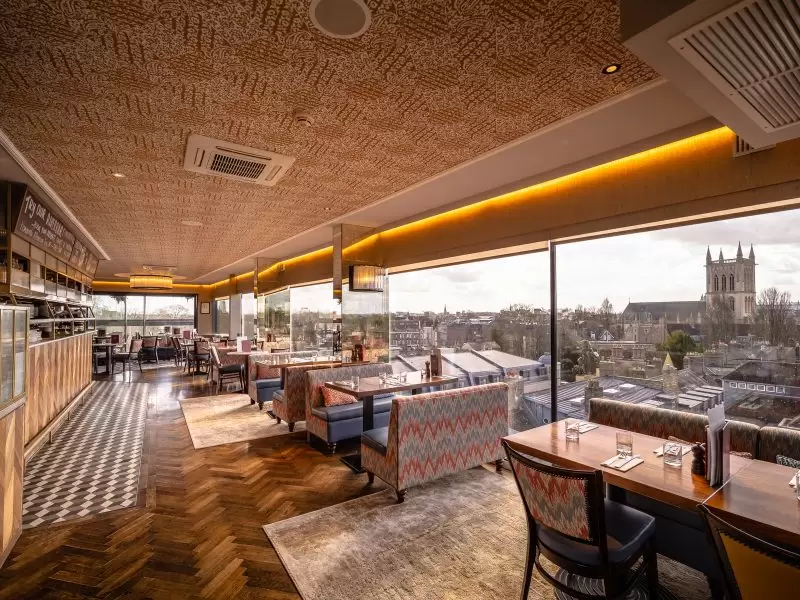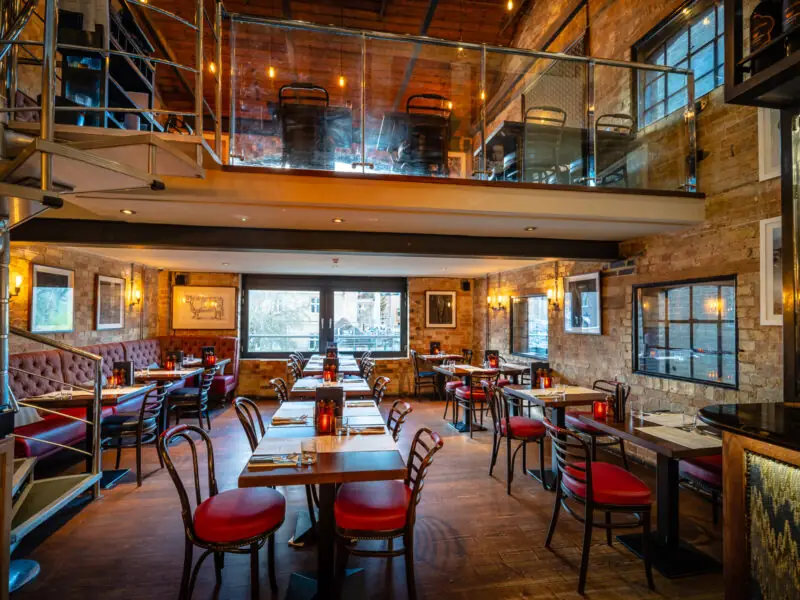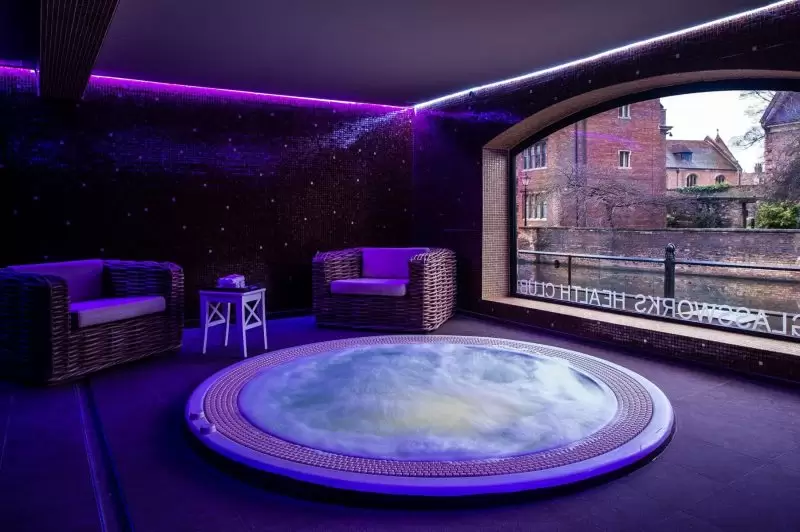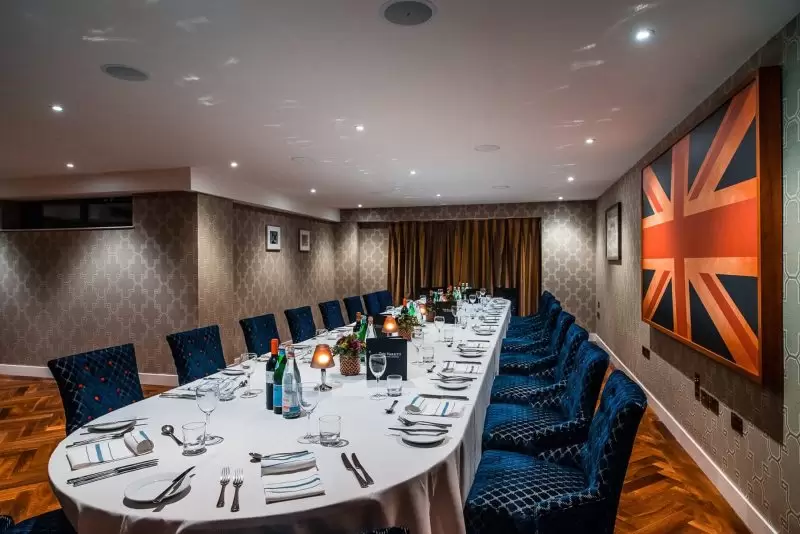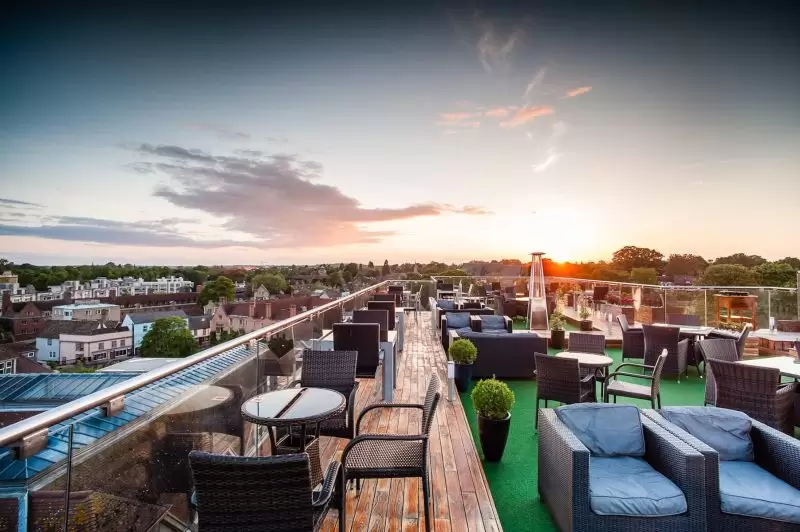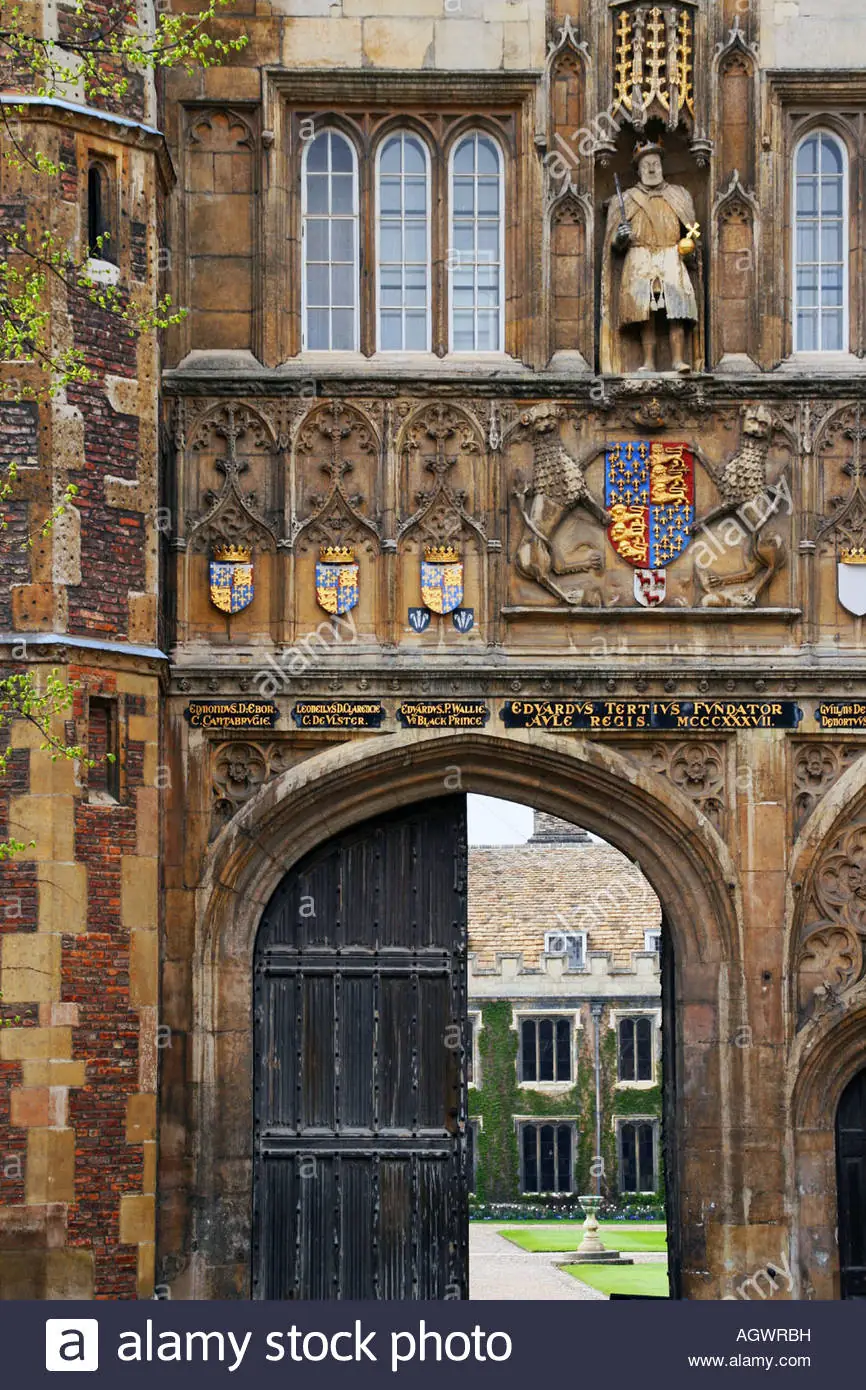Cambridge is home to many quirky and iconic buildings, events and traditions which together have made the city famous worldwide. But there’s one especially quirky aspect of the city that few seem to appreciate, and tourists rarely experience. But for us at the Varsity Hotel Cambridge it remains one of our favourite madcap attributes of this oh so distinctive city. And that is the language.
University Vernacular
At first glance this may seem strange. After all, isn’t Cambridge supposed to be a world renowned centre for teaching the teachers of English as a Foreign Language? Yes, it is. But that doesn’t also stop it from having its own local peculiarities, mostly involving the University in one form or another.
Take pronunciation. How would you suppose Caius College is pronounced? Most would assume that Caius is pronounced the same as Gaius. As in Gaius Baltar of Battlestar Galactica fame; or Gaius Julius Ceasar of much greater Roman fame. But it’s not. Instead it’s pronounced “Keys”.
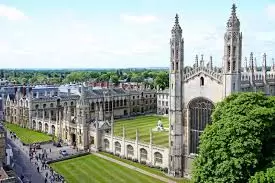
Or take academic phrases. What do you call it when someone is “asked” to leave a school/university before graduation because they have done something wrong? For most of the world, people get expelled from school. But students get sent down from Cambridge University.
Then there are: Boaties (rowers/oars(wo)men); a Boatrace (a drinking game); not to be confused with The Boatrace (the annual Oxford vs Cambridge grudge match held on the Thames in London; Digs (student lodging external to their College’s main campus); Gown (both a specific item of academic dress and a colloquial name for everything University bases); Oxford (a quaint beta-test for Cambridge, AKA “the other place”); and of course The Union Society (world famous student debating club. Not a student’s union). You can see the confusion…
Keepers of the Gate
But the greatest faux pas that could be committed in a Cambridge College is to misunderstand the meaning of the word Porter. To the rest of the world, a “porter” is someone who carries stuff – a pretty menial task. And in kitchens the kitchen porter is the one who cleans all the dirty pans, cutlery and crockery. Not exactly prestigious.
But for a Cambridge College “Porter” instead means “keeper of the gate”. From the Latin porta. That makes the Porter part security guard, part keeper of keys, part arbiter of who can and cannot enter the College. In other words, someone you really don’t want to offend lest your key suspiciously stop working at the worst possible moment.
But why? Well, next time you’re in Cambridge have a closer look at the design of some of the old, inner Colleges that have been there for centuries. Look closely and you’ll note that they are built for defence. A perimeter wall surrounding the entire campus with no ground level, outwards facing windows. And only a handful of gated entry points, featuring big, solid gates made of heavy timber. A larger gate that is often closed, and a much smaller one within that only a single person can pass through. Almost as though it was built to hold off a mob.
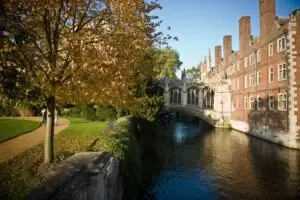
Because, in truth, that’s exactly how these old Colleges were designed. To allow a small number of gatekeepers (Porters) to hold off an angry mob of townspeople should they get sufficiently riled up and attack a College.
Fortunately for us at the Varsity Hotel Cambridge, such an event has happened for centuries. But way back when, it did happen. And you can see it in the architecture. Welcome to Cambridge, where every arch tells a story of times past.
